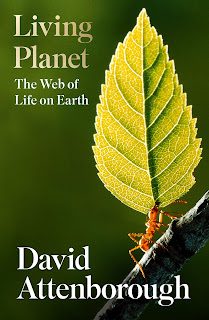You might be sincere and passionate about your religious faith and conviction, yet debating the topic with the likes of Richard Dawkins turns out to be a very difficult task. He not only is an evolution theory guru, he’s also skilled in philosophical arguments and seems to be very at ease debating religious matters with the most prominent theologians.
Dawkins admits that religion could well be regarded as an innocuous matter of personal choice, under some specific theoretical conditions. Unfortunately those conditions are not met in the real world: religions continuously put pressure on institutions that have a secular nature, interfere with the private preferences and lives of common people (both religious and non religious) and are at the bottom of countless conflicts worldwide. It’s been like that for centuries. Sometimes those conflicts are actually about something entirely different - land control, natural and financial resources, political power - it’s true, but without religions you wouldn’t be able to separate the various factions in the first place. And if you didn’t have the conflicting factions, you wouldn’t probably have the conflicts at all.


